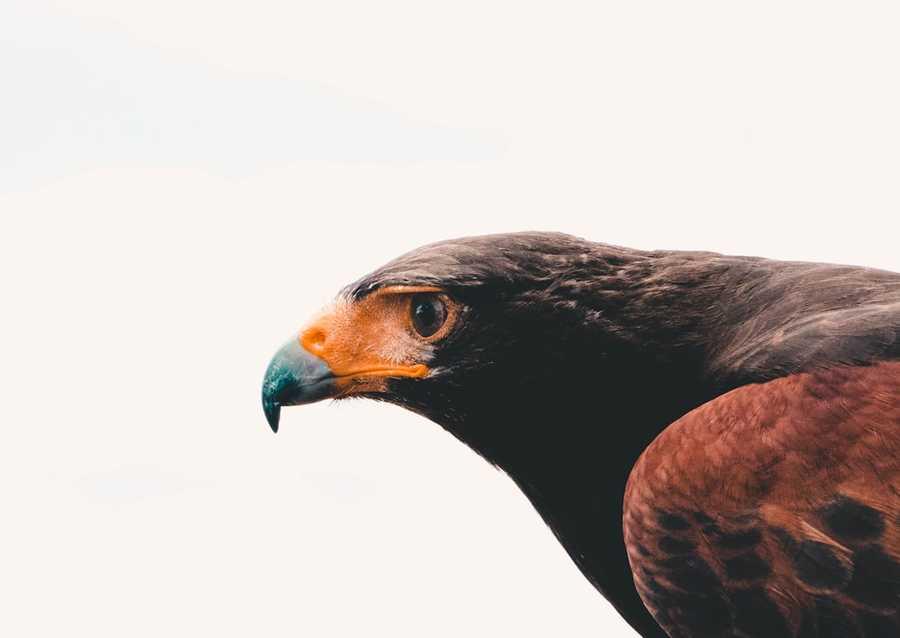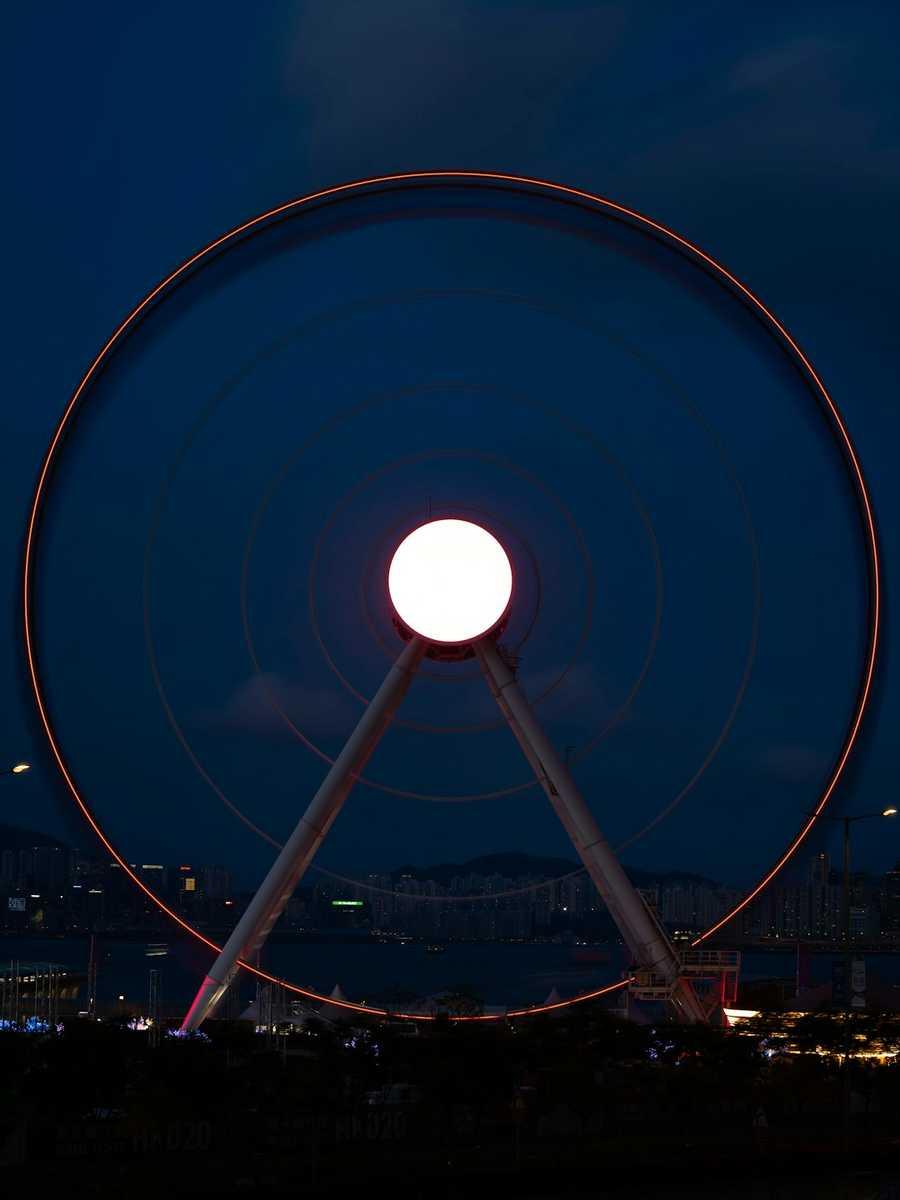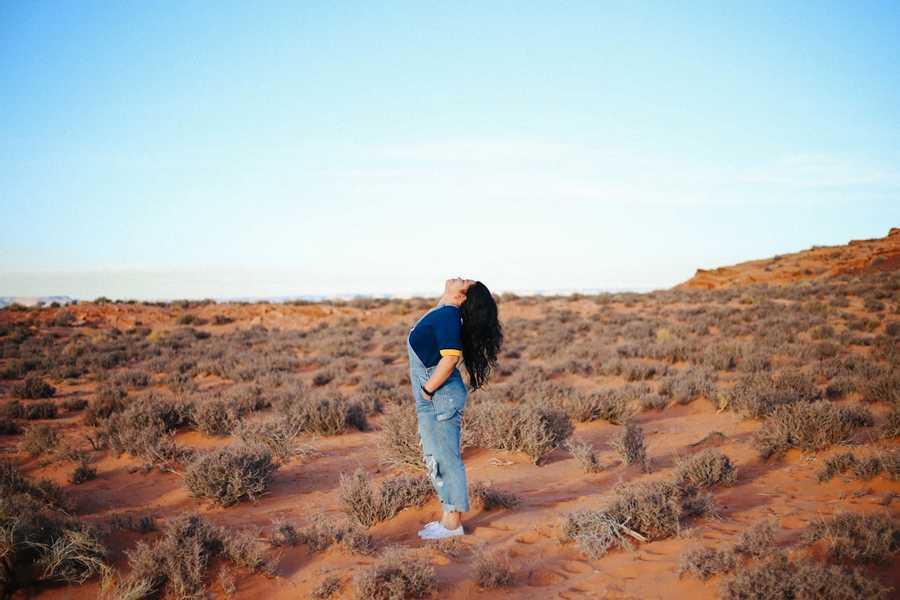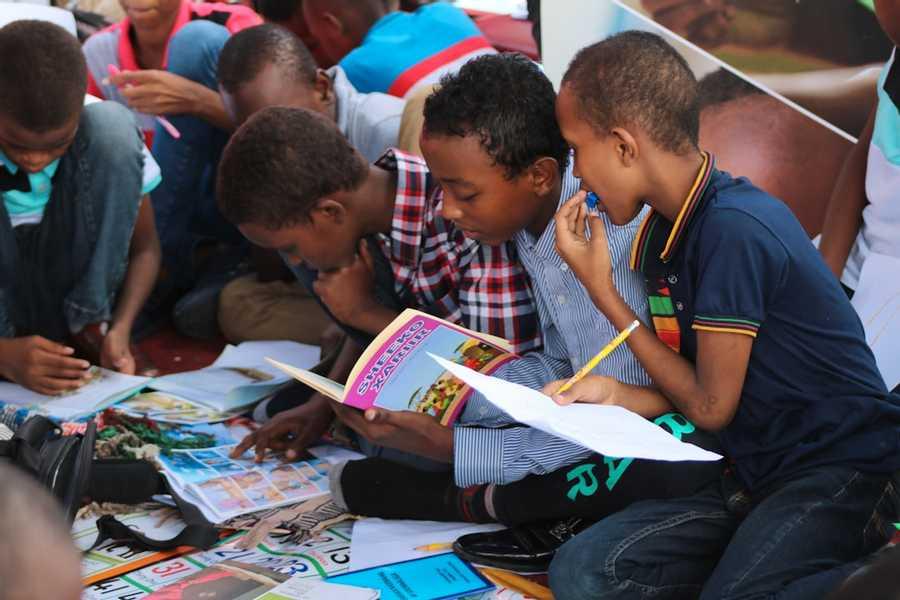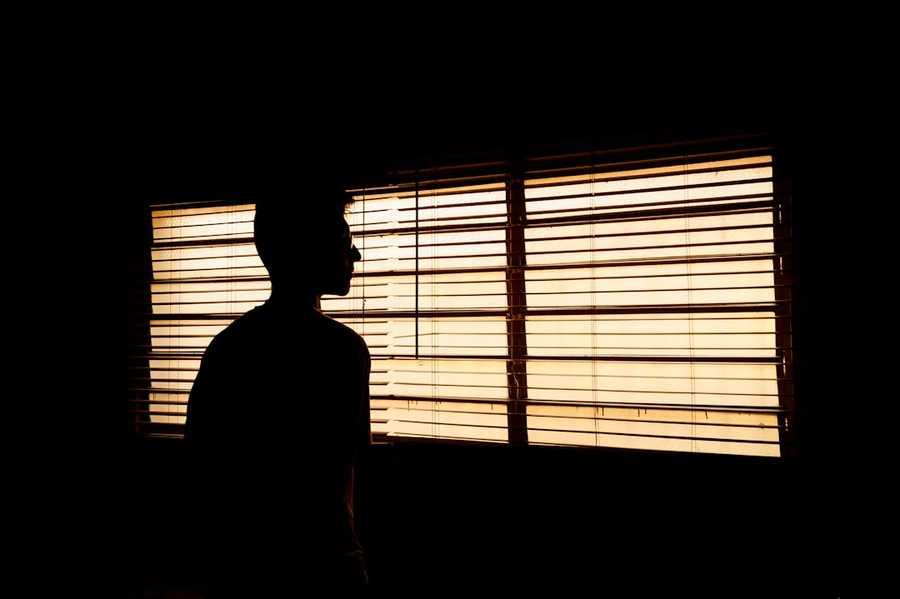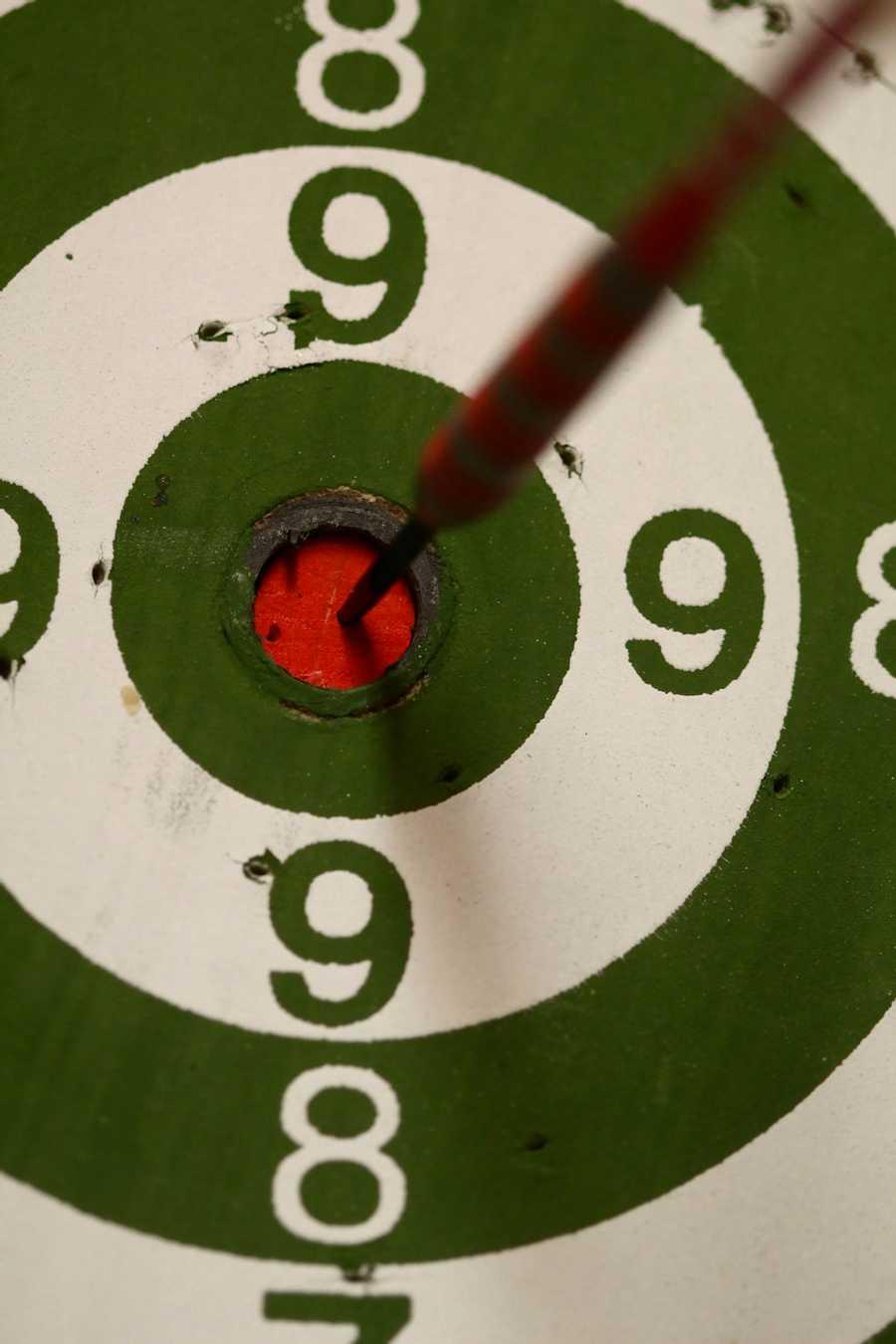Creta ★'s Key Ideas from Focused Observations
by Gaye Gronlund
Ideas, facts & insights covering these topics:
7 ideas
·21.2K reads
195
Explore the World's Best Ideas
Join today and uncover 100+ curated journeys from 50+ topics. Unlock access to our mobile app with extensive features.
The Art of Observation
Just because you see does not mean you observe. The difference between seeing and observing is fundamental to many aspects of life. Observation is more than simply seeing something, but rather a mental process involving both visual and thought.
Often observation involves a conscious or unconscious linking to something that we already know, which brings us to an interesting point on how our experiences impact what we deem significant or not. Our experiences filter what we see.
619
6.11K reads
Observation is more than Visual Inputs
It is important to realize that observation is much more than merely seeing something; it also involves a mental process. In all observations there are two elements : (a) the sense-perceptual element (usually visual) and (b) the mental, which, as we have seen, may be partly conscious and partly unconscious.
Sometimes it is possible to draw a line between the noticing and the intuition, e.g. Aristotle commented that on observing that the bright side of the moon is always toward the sun, it may suddenly occur to the observer that the explanation is that the moon shines by the light of the sun.
534
2.9K reads
To Develop of Power of Observation
Powers of observation can be developed by cultivating the habit of watching things with an active, enquiring mind. It is no exaggeration to say that well developed habits of observation are more important in research than large accumulations of academic learning.
555
3.19K reads
Learning to observe
Training in observation follows the same principles as training in any activity. At first one must do things consciously and laboriously, but with practice the activities gradually become automatic and unconscious and a habit is established. Effective scientific observation also requires a good background, for only by being familiar with the usual can we notice something as being unusual or unexplained
541
2.58K reads
Mastering the Art of Observation
To understand anything in life, we must do our homework and engage the things we feel, think and act upon. Human beings are dependent on our senses for the impressions we hold of the world around us. We rely on sight, sound, touch, smell, and taste for our survival.
The key to becoming better observers of the world, through words and images, is to work with all our senses to remember the impressions we experience and collect.
538
2.21K reads
Seeing vs Looking At
The art of observation begins with immersing ourselves in the textures and tones of life. Observation requires us to immerse ourselves in looking and listening without passing judgment on the impressions we collect. We must free ourselves from the biases, preferences and prejudices we hold toward our subjects.
Artist Frederick Franck states that “the glaring contrast between seeing and looking-at the world around us is immense; it is fateful.
533
2.11K reads
Give it a Try and be successful in every way.
Our disposition toward what we see, know and tell may reveal itself in a number of ways. How big the personal experience and how far we decide to throw it depends on how comfortable we are with ourselves. Go easy on yourself by not trying to find the biggest challenge
Think about what it means to see, know and tell about some experience or issue; then, work slowly outward to connect with the social issues of the day. Remember, though, that this is just one approach to visual problem-solving.
525
2.06K reads
IDEAS CURATED BY
🙋Am a self taught Digital Creator , Editor 💻 from India 🇮🇳 , as well as a Technologist and a COD Gamer 🎮. Interested in learning📒 new things always for keeping up with the trend .
Creta ★'s ideas are part of this journey:
Learn more about books with this collection
How to adapt to different speaking situations
How to engage with an audience
How to use body language effectively
Related collections
Discover Key Ideas from Books on Similar Topics
11 ideas
Mental Health is Important for Public Health | For Researchers
springernature.com
11 ideas
9 ideas
Tips To Make The Most Of Your Flutter Application Development
mastercreta07.medium.com
Read & Learn
20x Faster
without
deepstash
with
deepstash
with
deepstash
Personalized microlearning
—
100+ Learning Journeys
—
Access to 200,000+ ideas
—
Access to the mobile app
—
Unlimited idea saving
—
—
Unlimited history
—
—
Unlimited listening to ideas
—
—
Downloading & offline access
—
—
Supercharge your mind with one idea per day
Enter your email and spend 1 minute every day to learn something new.
I agree to receive email updates
